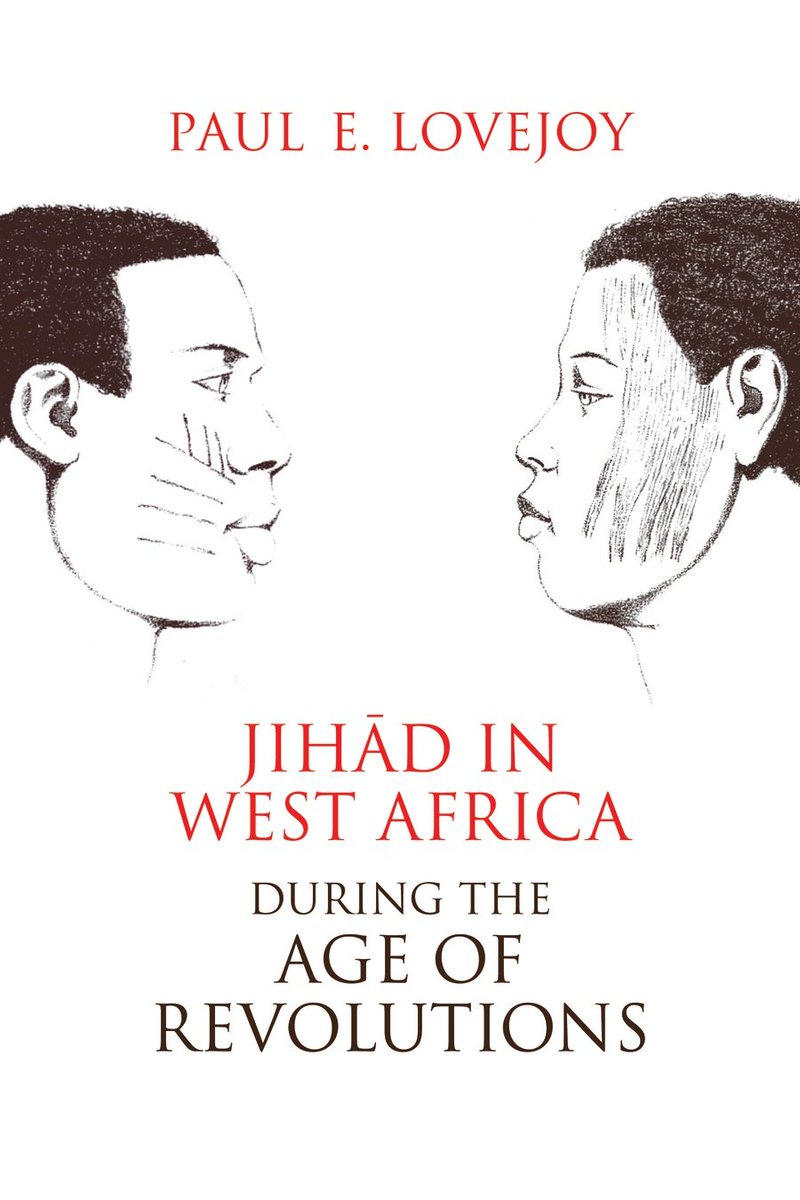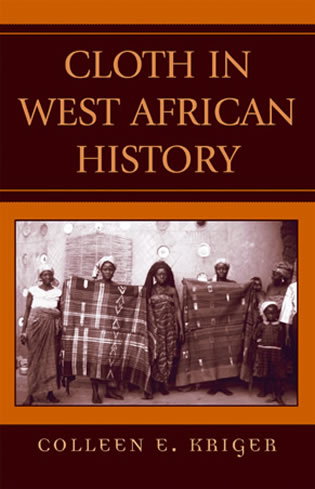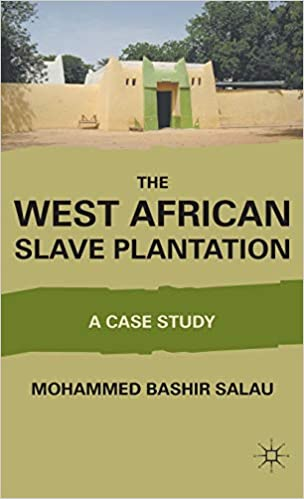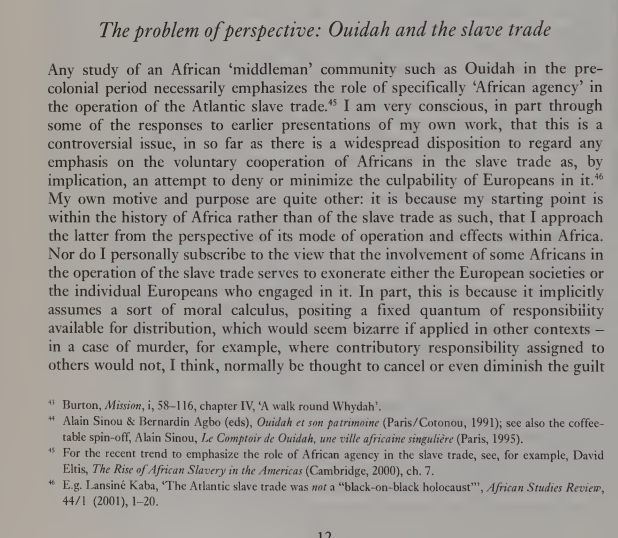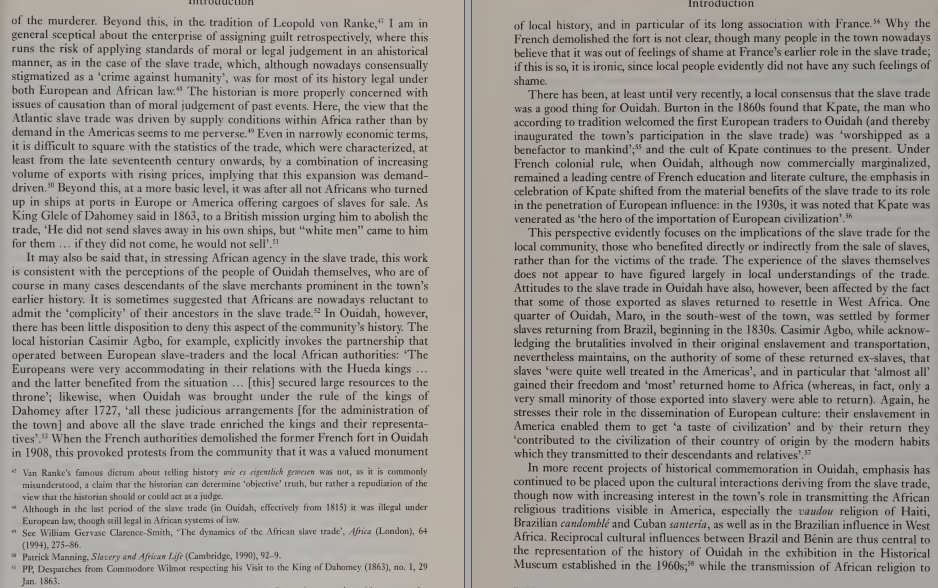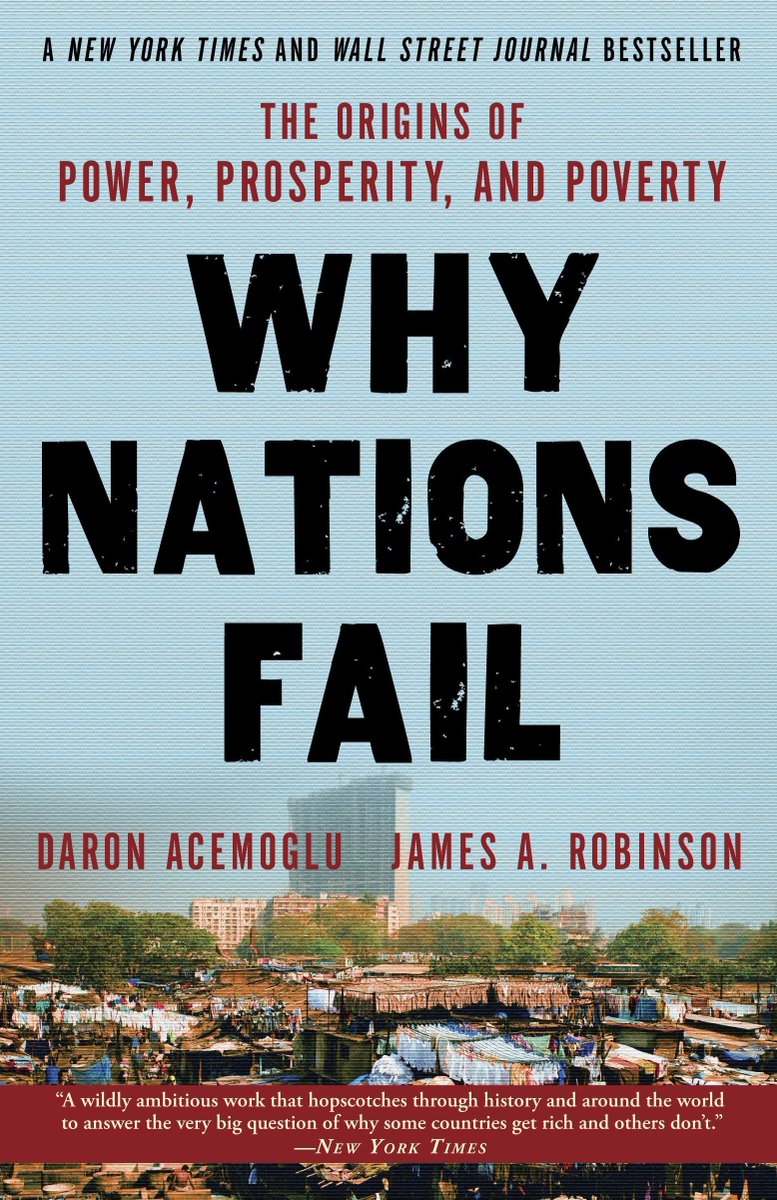
large states were ubiquitous in African history and were never mono-ethnic: the limitations of low population density often meant that a state had to draw resources from a diverse range of groups
secondly, ethnic groups are rarely geographicaly limited but dispersed as diasporas
secondly, ethnic groups are rarely geographicaly limited but dispersed as diasporas
https://twitter.com/simongerman600/status/1390670263369469968
the most prominent "diasporas" in west africa alone were over half a dozen with distinct states, religions and cultures some as state builders, traders, etc none were delimited by geography
eg the soninke/wangara/Jakhanke, peul/fula/, hausa, tuareg, malinke/mande, songhay, sorko
eg the soninke/wangara/Jakhanke, peul/fula/, hausa, tuareg, malinke/mande, songhay, sorko
the best African example of trying to counter the limitations of low population density by incorporating various ethnic groups was the lunda empire of central africa
drawing from the textile belt groups, the salt producing groups, the copper mining groups and ivory trading groups

drawing from the textile belt groups, the salt producing groups, the copper mining groups and ivory trading groups


this incorporation of various ethnicities wasn't just economically rational, it was also demographically crucial because despite its size (250,000 km2), its vast trade network, complex administration and powerful military - the lunda empire had no more than 1 million inhabitants
• • •
Missing some Tweet in this thread? You can try to
force a refresh







